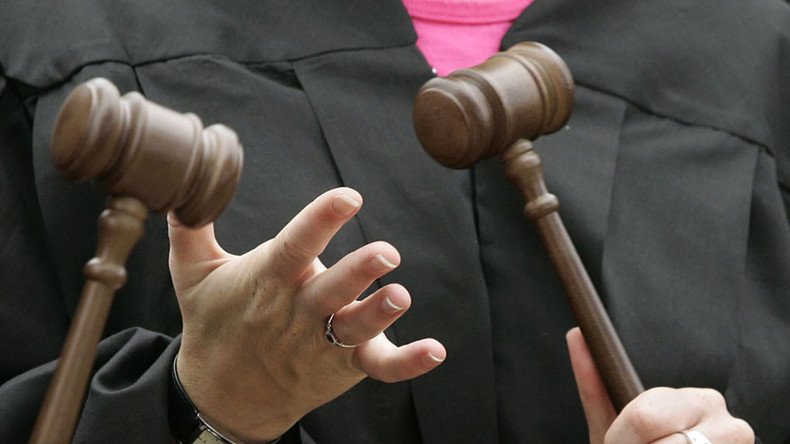‘White, middle-class, male courtrooms don’t reflect modern Britain,’ says female judge

Britain’s “white, middle-class, middle-aged, male” courtrooms do not reflect the diverse communities they are supposed to serve and they require a radical overhaul, a top female judge has said.
Speaking to a group of Welsh sixth-form students who had traveled to London’s Central Criminal Court, the Old Bailey, Judge Wendy Joseph QC said policymakers and schools have a clear duty to tackle the problem.
As one of more than 100 Diversity and Community Relations judges across England and Wales, Judge Joseph is determined to engage with marginalized groups in society, particularly ethnic minorities and women.
HHJ Wendy Joseph QC is absolutely right. We must have more #equality & #diversity in the judiciary.#AccesstoJusticehttps://t.co/lc9IiiKEMo
— Charley J Pattison (@Charley_P) February 4, 2016
The students, who hailed from Cathays High in Cardiff, were permitted to watch a manslaughter case and tour the historic Old Bailey before sitting down for a question and answer session. The educational event was arranged in association with UK charity Future First, which strives to increase social mobility and improve careers advice for students across the UK.
“Since the judiciary serves the public, in some way it ought to reflect the diversity of the public,” Judge Joseph told the students. “Obviously a white, middle-class, middle-aged, male judiciary does not reflect the community which we serve.”
Reflecting on the poor careers advice she received as a student, Judge Joseph said more must be done by schools to encourage students from a diverse cross-section of society to consider pursuing a career in law.
“You can be a barrister, you can be a solicitor, you can go to government and draft legislation – I wish someone would go and do it properly. There are hundreds of different things you can do,” she told the students.
UK courtrooms do not reflect diversity of communities they serve, judge says https://t.co/GrcA7clVDY
— Legal Advice Centre (@QMLAC) February 4, 2016
A growing diversity crisis engulfing the British military was recently condemned by critics, after new figures revealed the number of non-white officers serving in the armed forces had fallen by 16 percent since 2009.
A Trade Union Congress (TUC) report, published on Monday, also raised concerns over diversity in the workplace.
The study found that black people in Britain are burdened with a huge pay gap that increases as they gain further qualifications. The pay gap between black, Asian and ethnic minority (BAME) workers and their white counterparts – irrespective of educational achievement – was found to be 5.6 percent, while the pay gap between black workers and their white peers was found to be 12.8 percent.












